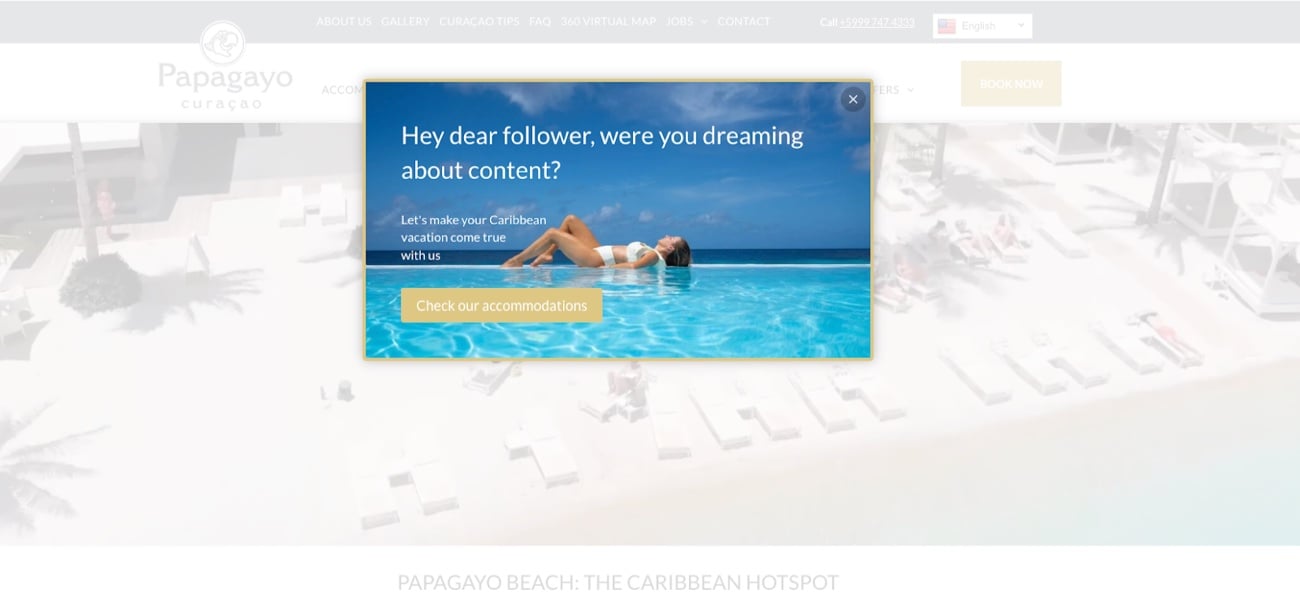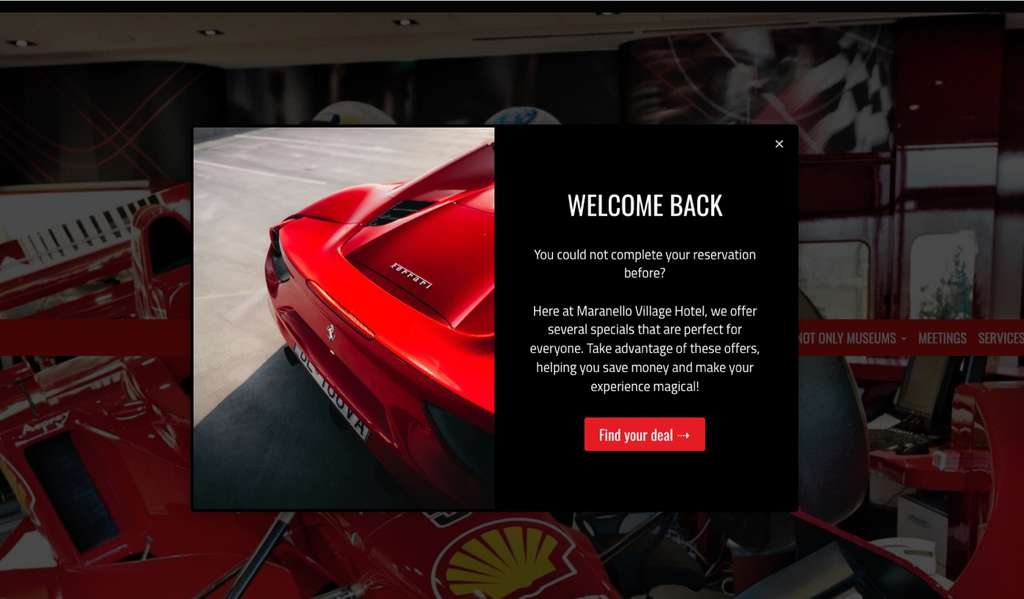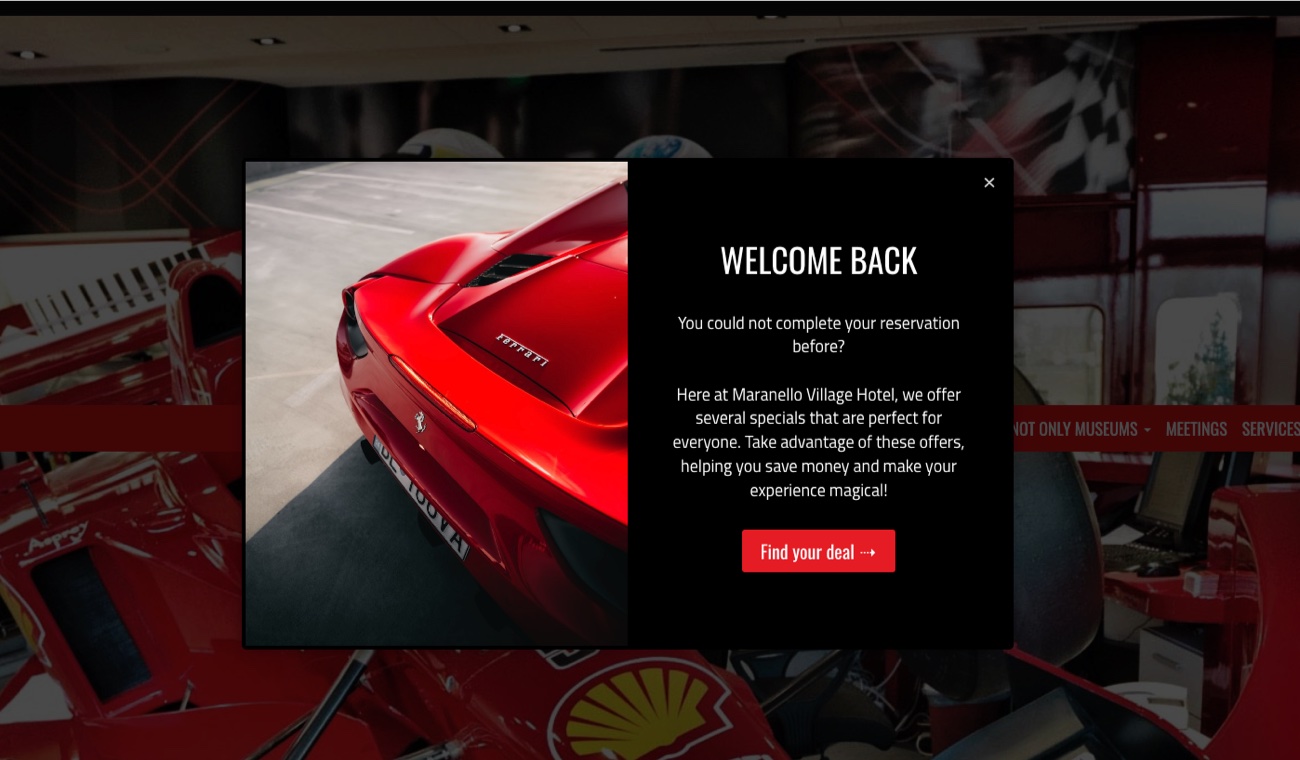A Hotelier’s Guide to Digital Marketing: Evolution, Innovation, and Disruption in 2023
THN’s CXO, Michael J. Goldrich, details how hotel brands can stay ahead of their competitors and drive direct revenue

The tech industry is experiencing rapid change due to technological advancements, changes in consumer behavior, and the impact of the pandemic. This creates challenges and opportunities for how the industry adapts to the changing landscape.
Hospitality marketing is also undergoing significant changes, and marketers need to be prepared for both incremental and drastic changes. Evolution, innovation, and disruption are all important trends for companies to be aware of in order to remain competitive. Evolution allows companies to make incremental improvements and stay relevant, innovation allows them to differentiate themselves and stand out, and disruption forces companies to adapt and potentially create new markets. As we enter what could be the most pivotal year in recent times, it's important for hoteliers to strategize how best to position their properties and brands.
These trends explored below just scratch the surface of what could be in store this year. Download the latest eBook by Michael J. Goldrich, Chief Experience Officer at The Hotels Network, to uncover the 12 trends that will transform how hotel marketing will function in 2023.
1. Evolution: Gradual Changes and Improvements to Existing Strategies and Tactics
The TWT Hybrid Workweek
The pandemic has led to a rise in remote work and more people turning towards workations, where people travel for an extended weekend while working remotely. Hotels can take advantage of this trend by marketing every weekend as a holiday weekend, and filling the traditionally challenging Sunday night stay. To do this, hotels should study guest stay patterns and investigate ways to drive revenue and attract more guests that fit this profile. Longer stays can be encouraged by offering personalized messages and offers to potential guests, such as larger discounts for extending their stay.
Short-Form Video
Meta CEO Mark Zuckerberg admitted that he didn't anticipate the trend of users turning to social media feeds to discover content, which has contributed to TikTok's success. Hotels need to understand this shift in social media consumption and focus on short-form video content to drive engagement, as it has been found to be the most effective content. TikTok is leading this segment on account of its powerful algorithm, which can deliver highly relevant, customized content quickly.
Microsecond First Guest Impression
In the fast-paced world of online marketing, first impressions matter. People visiting a hotel website expect content to be immediately available and any delay can result in them seeking out other options. With SEO, every page on the hotel website is indexed so that people can land first on just about any page on the website. This means that hotels need to ensure that every page delivers a strong microsecond impression. Hotels can use a smart "greeter" message that can appear just once, or recur to deliver a micro-homepage experience and convey the look, feel, and message that the hotel wants to ensure every person visiting the website experiences. By leveraging personalization to target visitors based on their device, location, and source of entry, hotels can improve their first impression online, increase conversions, and drive more revenue.
2. Innovation: The Introduction of New and Unique Ideas and Methods
Privacy
2023 has seen a rise in innovations aimed at protecting user privacy while also creating a frictionless booking-to-departure experience for hotel guests. With the removal of third-party cookies, fingerprinting technology is becoming widely available and offers marketers the ability to track user behavior while also respecting user privacy. Additionally, digital identities are becoming more prevalent, allowing individuals to control their personal information and prevent identity theft. By utilizing these technologies, hotels can comply with data protection regulations and remove additional friction in the booking and check-in processes.
No-Code Updates
This year, hotels will continue to do more with less, and no-code automation is a great way for hotel marketing teams to achieve that goal. These tools enable non-technical users to automate repetitive and time-consuming tasks without coding, allowing businesses to save time and money, and employees to focus on more value-added activities. No-code automation can also improve accuracy and reduce the risk of errors. In addition, hotel marketing teams can streamline their processes and save time by automating daily, weekly, or monthly tasks.
Super KPIs
Hotels need to move away from intuition-based decision-making and adopt a more proactive approach to digital marketing by leveraging data-driven insights. THN’s BenchDirect can help with this by correlating key performance indicators (KPIs) and benchmarking them against competitors. By using this feature along with proactive documentation of expected campaign performance, marketers can optimize campaigns and uncover new market opportunities. This critical tool in the process allows hotel marketers to dig deeper into KPIs and learn more about what is contributing to their campaign success. Super KPIs can help determine why a campaign delivered better than expected, or why any pre-identified goals may have been missed.
3. Disruption: A Radical Change That Alters the Traditional Ways of Doing Things and Creates a New Market
Mixed Reality/Metaverse - Virtual Advertising
The negative press about Meta and the crypto/NFT markets made people doubt the reality of the digital metaverse. However, the industry is now focusing on using augmented and mixed reality to bridge the gap to the digital world.
Hotel marketers need to consider how and when the metaverse will emerge, whose vision will shape it, and whether it will be interoperable. The metaverse industry is currently valued at over $61 billion and is expected to grow significantly in the next five years. Advertising, virtual influencers, events, and commerce with virtual goods and services are some of the trends emerging in the metaverse industry. In the long term, the metaverse is expected to have a native economy, including digital assets and trade. Trading effectively in this economy could become a significant advantage. While the metaverse is still a long-term consideration for most, hotels that take the initiative may benefit from being first-movers.
Generative AI
Generative AI is disrupting industries from copywriting to coding. Microsoft's investment in OpenAI is set to transform digital searches and image creation. Bing, Microsoft's search engine, is expected to become a major player in AI-powered search results. Text and image generation are two key examples of Generative AI that can automate the creation of content for hotel marketing campaigns. While Google remains the better experience for now, Bing's incorporation of AI into search queries may lead to optimal search results.
The hospitality industry is facing rapid change due to technological advancements, changes in consumer behavior, and the pandemic's complex aftershocks. As we move further into 2023, it is important for hotels to stay on top of these trends and embrace the changes that are happening in the industry. By doing so, hoteliers can position themselves to drive revenue, attract more guests, and stay relevant in a rapidly changing landscape.
About The Hotels Network
The Hotels Network, a Lighthouse company, is an inventive technology company working with over 20,000 hotels around the globe. Boasting an international team of specialists with deep expertise in hospitality, product design and consumer marketing, the company offers clients a full-stack growth platform to power their direct channel. By leveraging a series of integrated tools and analytics, hotel brands can attract, engage and convert guests throughout the user journey.
In addition to price comparison, reviews summary, and a suite of personalization options, THN's Direct AI Suite is deeply integrated in their platform, from predictive analytics to generative AI. Predictive Personalization uses machine learning to predict user behavior and automatically tailor messaging and offers for each user. BenchDirect's benchmarking tool provides unmatched competitive data for the direct channel. Recent innovations include KITT, an AI-powered receptionist, and Loyalty Lite, a seamless guest login tool for personalized booking experiences.
THN is proud to have been recognized for the company's product innovations, rapid growth, and unique workplace culture for the third year in a row, most recently named the Best Direct Booking Tool for 2025 in the prestigious HotelTechAwards.
For more information about THN, visit https://thehotelsnetwork.com/en or contact [email protected].
Michael Goldrich
Chief Experience Officer
The Hotels Network



